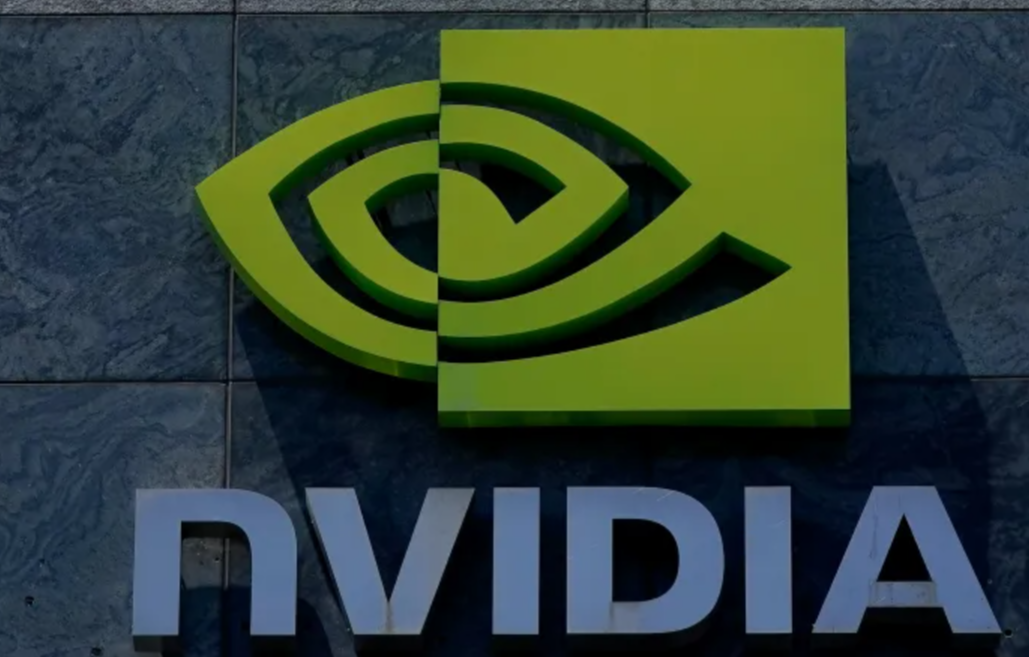Target Corp (TGT) reported its second-quarter 2024 earnings on Wednesday, delivering results that fell short of Wall Street’s expectations. The retail giant continues to face challenges amid shifting consumer spending habits and increased competition in the marketplace. The company’s Q2 performance has caused its shares to dip in premarket trading, raising concerns about its future outlook.
Earnings Miss:
- Revenue: Target posted $24.77 billion in revenue for Q2, slightly below the $25.16 billion anticipated by analysts. This marks a 4.9% year-over-year decline from $26.04 billion in the same quarter of 2023.
- Net Income: The company reported a net income of $835 million, or $1.80 per share, down from $1.3 billion, or $2.82 per share, a year earlier. Analysts had been expecting earnings per share (EPS) of $1.91, leading to a notable earnings miss.
Key Factors Impacting Performance:
- Shifting Consumer Behavior:
One of the key reasons behind Target’s underwhelming performance is the shift in consumer spending. Inflationary pressures and higher interest rates have led to more cautious spending among shoppers, particularly on discretionary items like clothing, electronics, and home goods. Target noted that shoppers have become more focused on essentials, such as groceries and household necessities, leading to reduced sales in higher-margin categories. - Inventory and Discounts:
Target also continues to grapple with excess inventory, forcing the retailer to offer deep discounts to move products off shelves. While these discounts have attracted customers, they have also eaten into the company’s profit margins, putting further pressure on its bottom line. - Competitive Landscape:
The retail industry remains highly competitive, with major players like Walmart and Amazon continuing to dominate market share. Target has been working to differentiate itself with exclusive brands and expanded online offerings, but it faces an uphill battle as consumers seek value in a tight economic environment. - Retail Crime Impact:
Another factor affecting Target’s performance is the increasing impact of retail theft and organized crime. The company revealed that theft has become a growing issue, cutting into profitability. CEO Brian Cornell highlighted that this trend is particularly concerning as it continues to worsen across various markets.
Future Outlook: Target has lowered its full-year forecast due to the ongoing economic pressures. The company now expects comparable sales to be flat to down in the low single digits for the rest of the fiscal year, with earnings per share projected to be between $7.00 and $8.00, down from the previous forecast of $7.75 to $8.75.
CEO Brian Cornell expressed cautious optimism, stating, “We remain focused on balancing growth with prudent cost management. The retail landscape continues to evolve, and we are committed to adapting our business to meet the changing needs of our customers.”
Shares React: Following the disappointing earnings report, Target’s shares fell nearly 3% in premarket trading. The stock has experienced volatility in recent months as investors remain wary of the challenges facing the retail sector. Year-to-date, Target’s stock is down about 10%, reflecting the tough operating environment.
Conclusion: Target’s Q2 2024 earnings report underscores the significant challenges the company faces in the current economic climate. As consumers tighten their wallets and competition intensifies, Target will need to navigate these headwinds carefully to regain momentum. Investors will be closely watching the retailer’s performance in the coming quarters to assess whether the company can effectively adjust its strategy to address these challenges.



